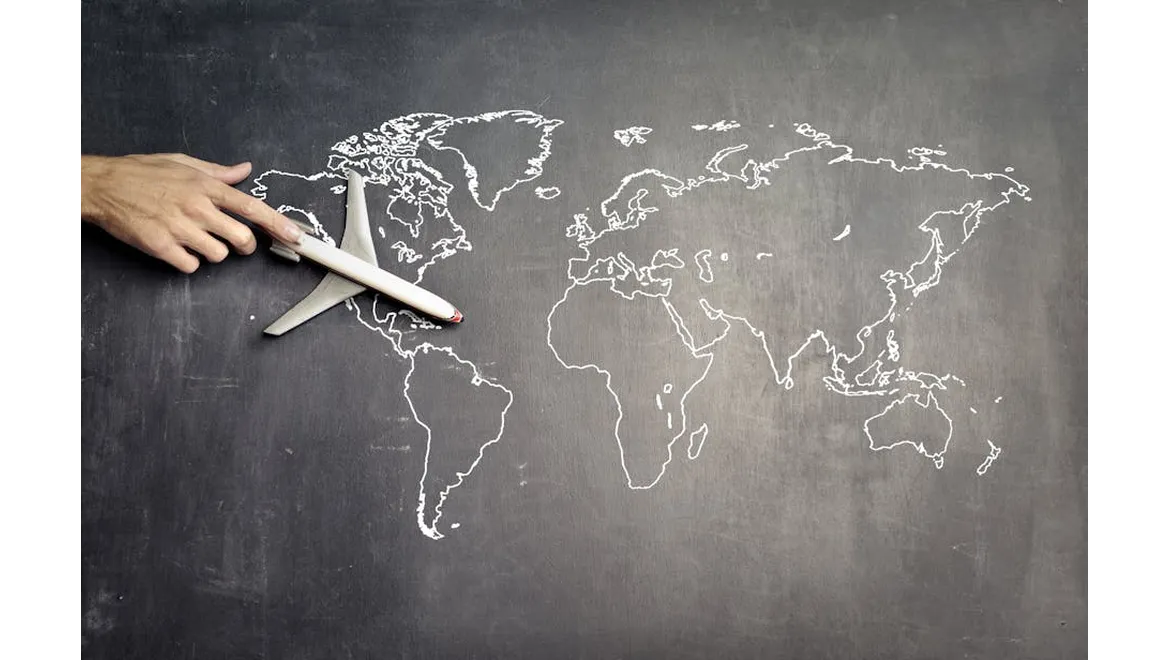The largest-ever leak of offshore financial records—known as the Pandora Papers—continues to reverberate worldwide, exposing the methods by which some of the globe’s most influential figures shield their wealth. Released by the International Consortium of Investigative Journalists (ICIJ) in late 2021, these disclosures encompassed 11.9 million leaked documents from 14 offshore service providers. Major tax havens such as Anguilla, Belize, Singapore, Switzerland, Panama, and the British Virgin Islands (BVI) have all been implicated in the trove of data.
Over time, the Pandora Papers have catalyzed fresh calls for reform, sparking deeper conversations about the global financial system’s transparency and accountability. Indeed, the breadth of the papers’ revelations has surpassed even that of the Panama Papers (2016) and the Paradise Papers (2017). With information implicating 35 current or former world leaders and more than 300 officials worldwide, the stakes for reform remain high.
Daim Zainuddin Under Scrutiny
Among the high-profile names featured in the Pandora Papers is Tun Daim Zainuddin, Malaysia’s former finance minister. Documents shared with news organizations, including Malaysiakini, highlighted various trusts and companies associated with Daim’s family members, business partners, and legal representatives—some estimated to be worth at least £25 million (over RM140 million).
Key findings include:
Offshore firms owned at a young age: Daim’s sons, Muhammed Amir Zainuddin and Muhammed Amin Zainuddin, were documented as owners of a BVI company—Newton Invest & Finance Limited—as early as 2007, when they were nine and twelve years old, respectively. By 2017, the brothers collectively managed several offshore entities, notably Splendid International Ltd (BVI), which controlled London properties valued at around £12 million (approximately RM65 million at 2017 exchange rates).
Trusted associates in key roles: Josephine Premla Sevaretnam, a lawyer and former deputy public prosecutor who worked alongside Daim and held important positions in his Swiss bank ICB Banking Group, appeared in the files as the business manager for Newton Invest & Finance Limited (BVI) and Splendid International Ltd (BVI).
Family members holding directorships: Daim’s daughter, Aslinda Daim-Pan, served as a director of 8 Bryanston Square Freehold Limited, a British company linked to the family’s property holdings.
In the face of mounting speculation, Daim has consistently defended the legitimacy of his offshore dealings. He emphasizes that many of the trusts in question do not belong to him personally and insists that his arrangements represent standard “estate planning” given his long-standing status as a successful businessperson. Daim criticized what he describes as misleading reporting by Malaysiakini and reiterated that all appropriate taxes on his global assets have been duly paid.
Beyond One Individual: Global Ramifications
Although the spotlight in Malaysia often rests on Daim’s case, the Pandora Papers also laid bare the offshore strategies of other notable figures, including:
- Tony Blair (former British Prime Minister)
- Andrej Babiš (former Prime Minister of the Czech Republic)
- Uhuru Kenyatta (former President of Kenya)
- King Abdullah II of Jordan
The disclosures prompted international debates on how these secretive financial setups might be exploited for tax evasion, money laundering, and corruption. While holding offshore assets is not inherently illegal, lax regulations and the anonymity granted by certain tax havens make them prime targets for misuse.
Calls for Reform and Greater Transparency
Since the release of the Pandora Papers, policymakers and watchdog groups worldwide have intensified efforts to close loopholes and impose tougher regulations on offshore jurisdictions. In some countries, lawmakers have called for:
- Stricter Reporting Requirements: Proposed legislation requiring companies to disclose beneficial owners, ensuring that the actual individuals behind corporate structures are identifiable.
- Tighter Global Cooperation: Calls for more consistent cross-border collaboration between tax authorities, regulatory bodies, and law enforcement agencies, bolstering efforts to track and prosecute financial crimes.
- Enhanced Enforcement Mechanisms: Increased penalties for entities and individuals that fail to comply with transparency measures, including higher fines and potential criminal charges.
In Malaysia, there have been discussions on whether to launch formal inquiries into citizens named in the Pandora Papers. Civil society organizations and some members of parliament have advocated for enhanced investigative powers for agencies like the Malaysian Anti-Corruption Commission (MACC) to scrutinize high-profile figures. While public demand for accountability is significant, progress on formal investigations can be slow, often due to complex legal frameworks and jurisdictional challenges.
A Call to Remain Vigilant
As the global community continues to uncover details from the Pandora Papers, one overarching message rings clear: the world of offshore finance remains as intricate as ever, requiring constant vigilance and robust regulatory intervention. Large-scale leaks like the Pandora Papers serve as a stark reminder that financial secrecy—when left unchecked—can enable unethical or illegal activities.
For public figures such as Daim Zainuddin, the revelations underscore the ethical quandaries tied to hidden wealth. Although he maintains that his offshore arrangements are legitimate and that he has fulfilled all tax obligations, his case encapsulates broader questions about wealth concentration, global inequality, and the corrosive potential of secretive financial networks.
Ultimately, the Pandora Papers serve as both a cautionary tale and a catalyst for reform. As governments worldwide grapple with these revelations, the urgency for thorough investigations, transparent governance, and international cooperation has never been more pronounced. Through ongoing scrutiny and legal reforms, there is hope that the world’s financial systems may become fairer and more open—ensuring that offshore structures are not a haven for misconduct but instead a regulated financial tool used responsibly.



